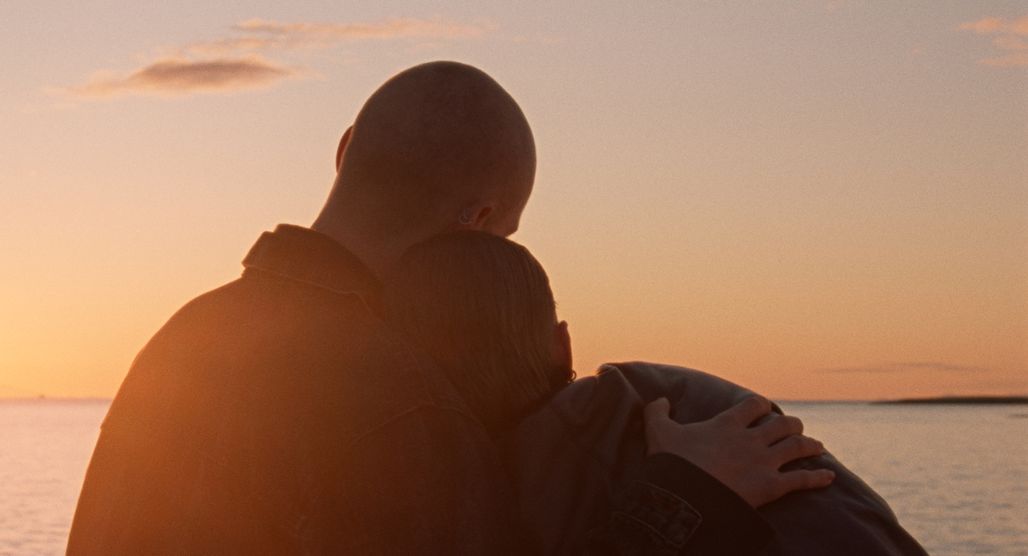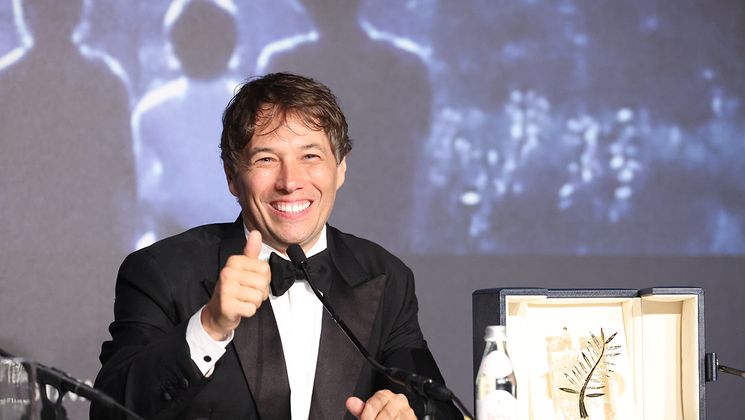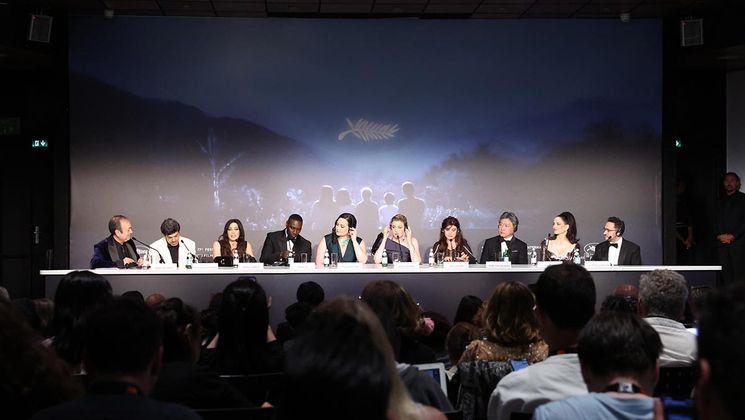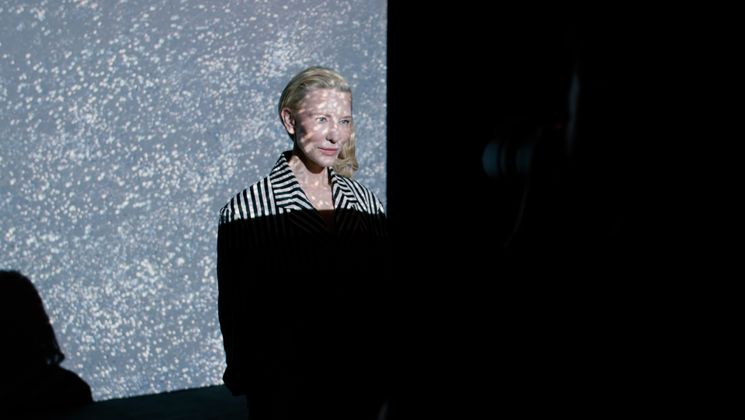
When the Light Breaks, Rúnar Rúnarsson’s vision

For the opening of the Un Certain Regard selection, the Debussy theatre welcomes the Icelandic director Rúnar Rúnarsson with Ljósbrot (When the Light Breaks) : a subtle film about mourning and how to approach it, which was originally a short film.
What inspired you to begin work on this film?
Ever since experiencing the loss of a friend as a young man, I wanted to deal with the emotions I experienced the day it happened, by telling a universal story. Another recent loss in my life re-awoke that urge, and the storyline became more concrete.
My aim was to create a narrative or image that encompasses the complex feelings on a day of losing someone unexpectedly. Reality is altered and the future changes in an instant. The film takes that moment and expands it. It unfolds in a short period of time in which the space between contradicting emotions is narrow, when laughing turns into crying, and beauty coexists with sorrow.
Please describe your working method and the atmosphere on set.
I want my sets to be calm and focused. Everything should be as well prepared as possible. This kind of preparation ensures freedom the moment the camera rolls, but of course, not everything can be controlled beforehand.
In Iceland, we have to deal with all kinds of challenges, because we are on a remote island with a tiny population. Many things are not readily available, and we often have to rely on last-minute solutions to problems. On top of it, the weather is very unreliable, making outdoor filming something that has to be approached with an open mind. These challenges also mean that people are resilient and nimble to react. On set, this translates into quick and almost wordless interactions. My crew was small and everyone was tuned to the task at hand, enabling us to catch unexpected moments.
Please share a few words about your actors.
All the actors in our film are immensely talented and they were a great joy to work with. They kept the perfect balance between professionalism and playfulness, and they were extremely dedicated and hardworking. Our main actress, Elín Hall, can convey a wide variety of emotions with barely perceptible changes of expression. She embodied both the strength and tenderness I was looking for, and her ability to show rather than tell provided the essence for the character of Una. The ability to convey the unsaid is equally strong with both Katla Njálsdóttir and Mikael Kaaber, the actors supporting Una. Together they formed the kernel of intensity that propels the narrative without too much dialogue.
What did you learn during the course of making this film?
This film is my first project after the pandemic. After three years of relative solitude in which the story evolved and I was in close contact with only a handful of people, finally making the film was a joyful reminder of the energies that are released when working together with other people. I rediscovered that filmmaking is essentially a communal undertaking; it can’t be done alone.
What would you like people to remember from your film?
Una, our main character, is an outsider in the events that unfold around her, even though she is in fact at their center. Because of a secret she carries, she can’t claim the space she deserves in the grief that she experiences. Una has to make space for everyone else’s emotions whilst preserving her own dignity.
The film asks how we deal with our roles in drastically shifting relationships and encourages us to find love and beauty even in the face of pain.


